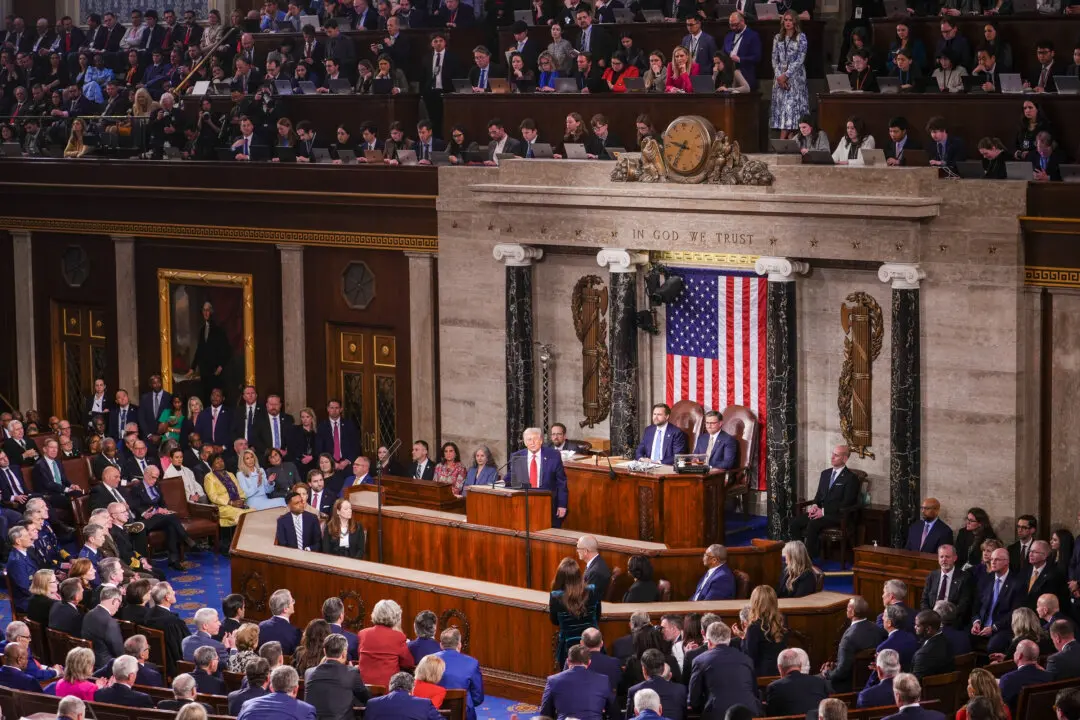The selection of the next speaker of the House could be a key factor in future rounds of U.S. support for Ukraine.
The House is preparing to select a new speaker after eight Republicans and 208 Democrats voted to oust Rep. Kevin McCarthy (R-Calif.) from the position on Oct. 3. House Majority Leader Steve Scalise (R-La.) and House Judiciary Committee Chairman Jim Jordan (R-Ohio) have already begun speakership bids. Rep. Matt Gaetz (R-Fla.), who led the effort to oust Mr. McCarthy, has indicated that Rep. Kevin Hern (R-Okla.) could also be a contender for the speakership.





